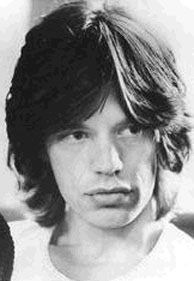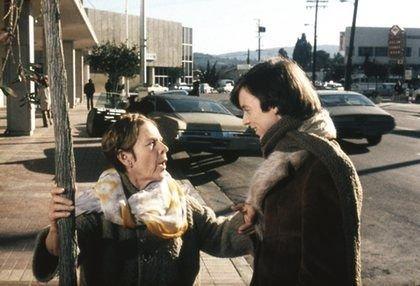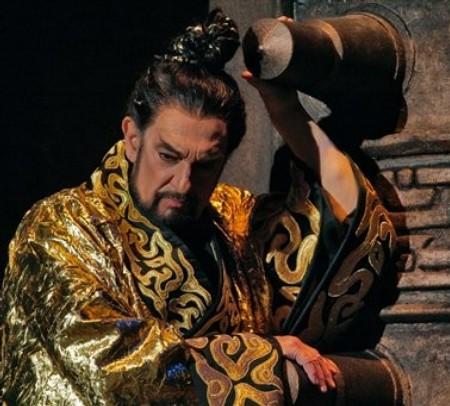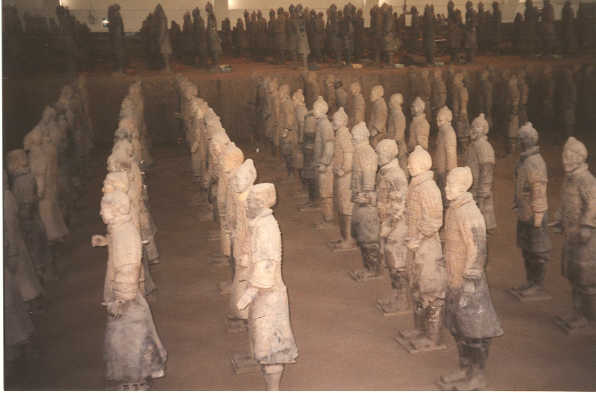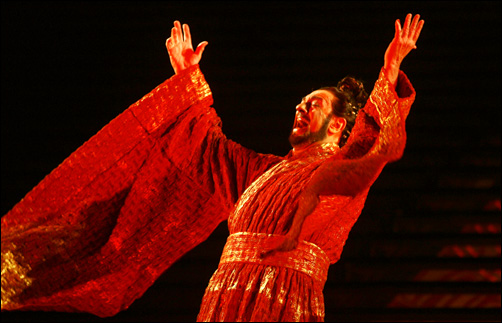Today I saw Iron Man and then, right after that, Death Note. The former is a big-budget Hollywood film made from a superhero comic book. This is so common these days as to be a cliche – Batman, Superman, Spiderman, Iron Man. The list goes on and on. I’m half expecting to see a Hollywood superhero film about Renderman. Oh wait, that’s The Incredibles. OK, never mind.
Yes, Iron Man was very well done and even well acted (any film with Robert Downey Jr. and Jeff Bridges in lead roles is going to be well acted). But it followed certain extremely exacting rules for such films that limited its appeal. Foremost among these rules is that it must be thuddingly obvious to the audience who the bad guy is, long before anybody in the movie does.
In fact, there is a clause in the director’s contract that states that after the bad guy has shown up on screen, if even one second of film passes through the projector before the entire audience has figured out both who he is and the nature of his fiendish plan, then the film’s producers are entitled to take the director out back and shoot him dead with a single bullet to the head. In Hollywood this is called a “mercy killing”. Fortunately, no director of such a film has ever been so brave or foolhardy as to try to respect the audience’s intelligence, so the situation has never come up.
There is a quality about well made comics, a kind of delightful fragmentation of time that is rarely captured on the big screen – mainly involving the implicit storytelling that goes on between the panels, which both Will Eiisner and Scott McCloud have both discussed quite wonderfully. This is not at all the same as montage in filmmaking, because in a comic book (or graphic novel if you want your work to be reviewed in The New York Times) the reader sees multiple panels simultaneously, and so different kinds of rhythm and resonance are possible.
There is another medium that is just beginning to loom in cultural importance – the medium of computer games. In spite of its mostly impressive computer graphic effects, Iron Man has absolutely nothing to do with computer games. The movie tells the audience to sit back and relax, while the by-the-numbers plot goes through its thudding paces – occasionally pausing just long enough to smash the audience upon the head with a massive sledge hammer labeled “This is what is going to happen next.”
In contrast, the second film I saw today, although adopted from a series of comic books (Japanese Manga actually), is very much a child of the age of computer games. The source comic books – the Death Note series is wildly popular in Japan – are structured like an ongoing computer game. Ostensibly it is a supernatural thriller about a young man who kills people under the influence of an otherworldly demon, but its formal structure is something else entirely.
As the film begins, a series of rules is laid out, and then some characters proceed to test those rules, pushing the rules to their limit, while other characters try to work out the rules and respond strategically. The screenplay invites the audience in on this game, and gives it plenty of opporunities to try to figure out what’s going on, who is bluffing whom, and what might be coming next. Like a good game, the rules are clear, the challenges progress in difficulty, and the audience is drawn into an entire way of thinking and problem solving.
The thing that struck me is how Death Note trusts its audience, and never plays down to them. The mostly teenage audience members around me were completely into this; it was obvious they were all having a great time. Perhaps we are seing something new: nonlinear interactive media starting to change the nature of storytelling.

